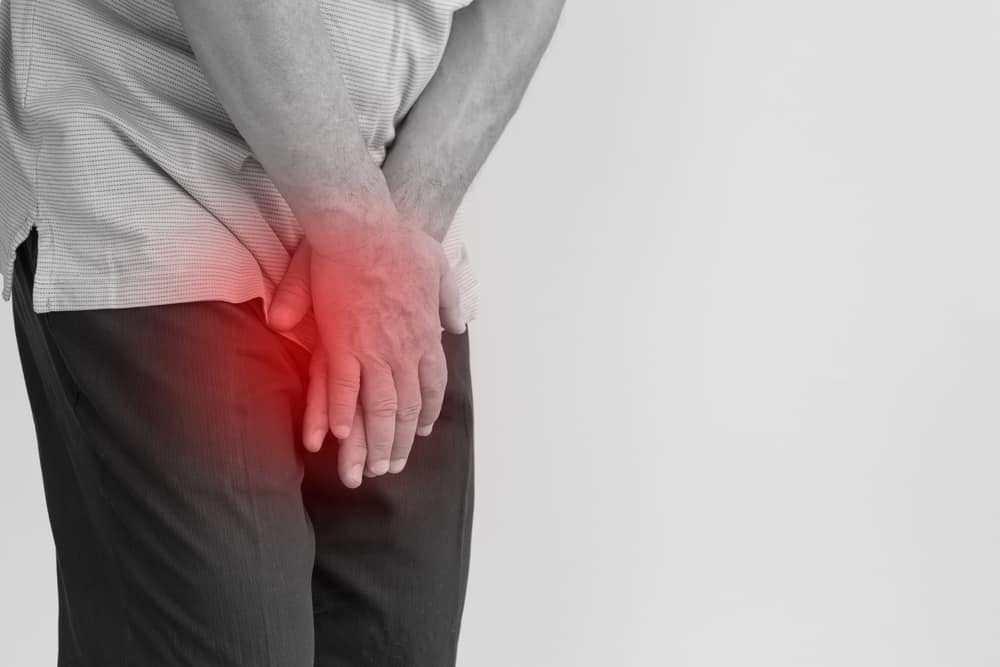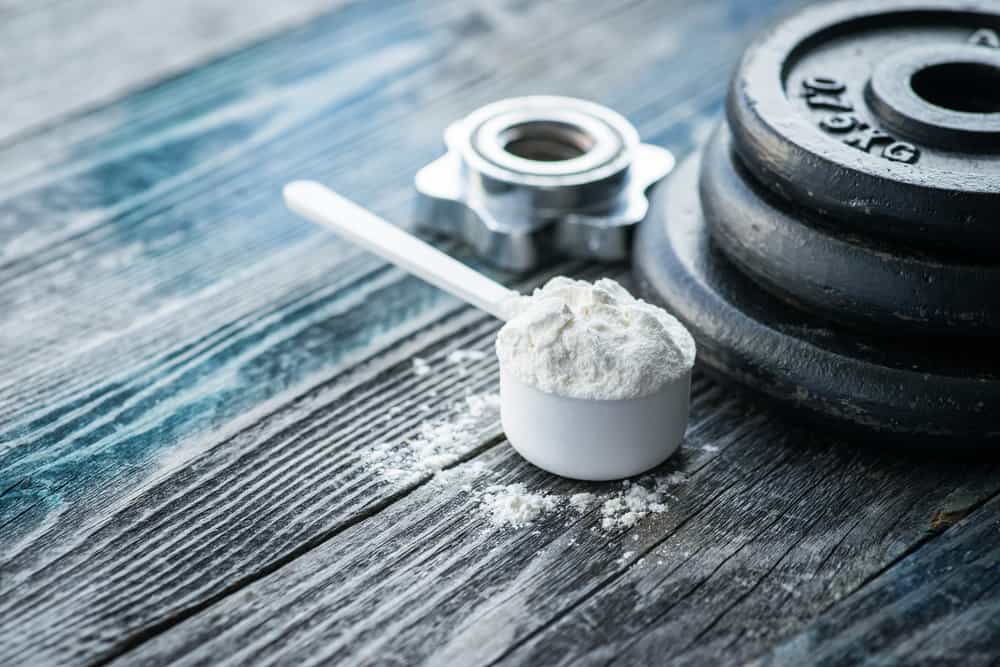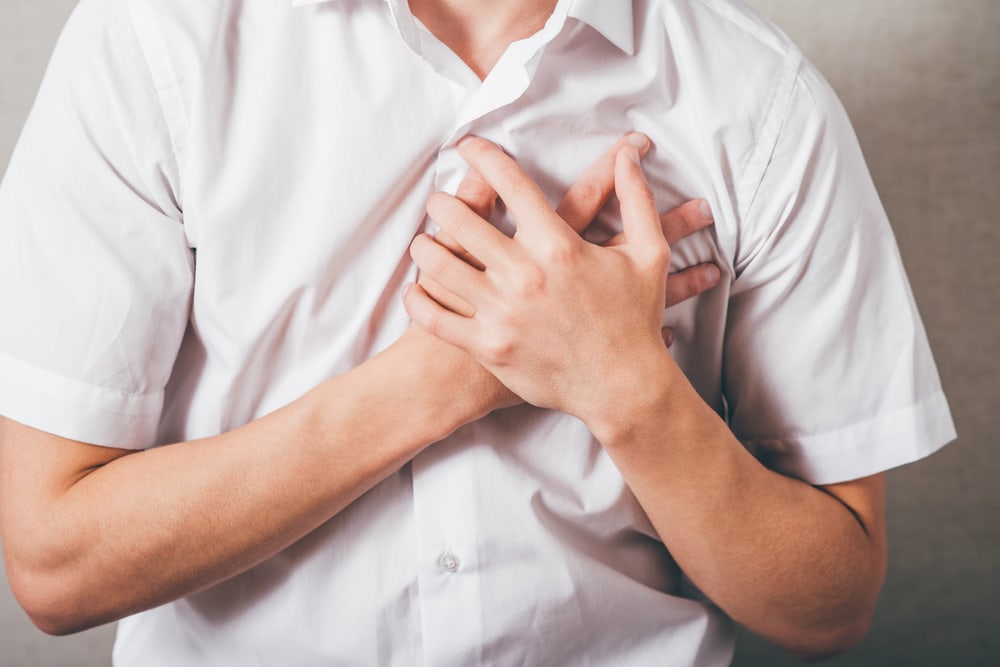Contents:
Medical Video: How To Treat A Cold | How To Cure Common Cold | Best Medicine For A Cold And Fever And Sore Throat
Medication plays an important role in treating various conditions and diseases, but when you no longer need these drugs, it is important to dispose of them correctly to help prevent the drugs from mixing with each other.
"Medicines that are too long stored may have passed half of their usage deadline, causing them to no longer work effectively," said Kimberly Cimarelli, pharmacy manager at the Penn State Milton S. Hershey Medical Center, reported by WebMD.
In addition, the chemical composition in the drug can change over time, making it dangerous if consumed over its lifetime.
However, how do you dispose of drugs that expire correctly? It may seem easy to pour used drugs into the toilet or throw them in the trash with other household waste. This is not a good idea.
Drugs disposed of in the toilet will dissolve in water and pollute rivers, lakes and clean water supplies. Removing expired drugs in the trash can also endanger the environment, and can still be found by children, pets - and even adults who intentionally want to abuse drugs.
Below, we provide specific recommendations and instructions for you to consider when disposing of expired, used or unused medicines.
1. Leave medicines expired to the official agency
Collect medicines that are not used. After a little more, take it to the nearest official institution, such as a drug factory, pharmacy, hospital, or police station that is responsible for handling drug disposal officially.
The parties will carry out regular destruction of expired drug stocks. Once collected, these expired drugs will be burned to protect the surrounding environment from drug contamination.
They receive prescription and non-prescription drugs, but usually will not accept sharp objects (such as used syringes), liquid medicines, creams and ointments, and inhalants.
In addition, you can also contact the Sanitation and Gardening Office of your city or district, or the local waste management authority to get information about the choice of disposing of expired drugs in your area.
2. Dispose of trash at home
Reporting from the Food and Drug Administration (FDA), if there is no official used medicine safekeeping program available in your area of residence, you can follow the simple steps below to dispose of some medicines in a household trash can:
First, mix drugs (but do not crush the tablet or open the capsule contents) with disgusting substances, such as food waste, dust, pet droppings, or coffee grounds. This is to make these drugs unsightly to avoid children and your pets from rummaging through trash cans, as well as blocking foreigners who might be deliberately looking for drugs for their own use.
Second, put the garbage mixture into a special place such as an airtight container or zip-top (but do not use a plastic bag) to avoid leakage, and place the container in your trash can.
Third, before disposing of a bottle of medicine or other empty drug packaging, it always breaks its physical appearance. Unplug or scratch the packaging sticker that contains your personal data, if any, and cut out the carton packaging to make it difficult to read. This aims to prevent counterfeiting of illegal packaging or refills, because it could be taken by those who are not responsible and filled with fake drugs.
3. Dispose of expired drugs in the toilet
Some prescription drugs that contain controlled substances, such as opiates (fentanyl, morphine, diazepam, oxycodone, buprenoprhine) should not be thrown directly into the trash, because this method may still provide an opportunity for children or pets to accidentally swallow medicine the medicine.
It's good to be careful before you get rid of it. Some other medicines - such as chemotherapy drugs - are equipped with special disposal instructions along with the location where you have to dispose of them.
If you cannot find an official dump, it is recommended to dispose of medicines as above by pouring them into the toilet as soon as they are no longer used.
For example, you use a fentanyl patch to relieve chronic pain. Immediately squeeze the patch and the rest of the patch in a package that is no longer needed, and flush it into the toilet. When you dispose of hard substances like this, you will help others around you stay safe by ensuring that these drugs can no longer be used or accidentally swallowed and cause harm.
However, some health care workers and scientists appear to disagree with this method for reasons of environmental security. However, the FDA argues that drugs like this can have fatal consequences in just one dose for lay people who should not take them.
"We believe that this risk far exceeds the potential risks to human health or the environment that might come from the disposal of expired drugs in the toilet," the FDA said, quoted from CNN.
READ ALSO:
- Various foods that can increase women's fertility
- Beware of your trigger factors containing Down syndrome babies
- Better to take a shower, dipper, or soak in a tub?












